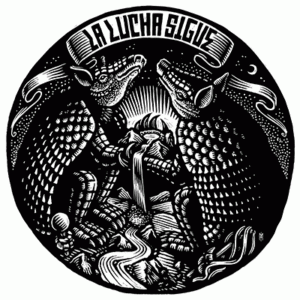US Federal Court ruling: Geovanny Fuentes Ramirez, a native of Honduras, conspired with high-ranking Honduran politicians and military and National Police to operate a cocaine lab in Honduras and distribute cocaine using air and maritime routes. FUENTES RAMIREZ paid a bribe of at least approximately $25,000 to Honduran president Juan Orlando Hernández Alvarado (“JOH”), who was at the time the president of the Honduran National Congress, and allowed JOH to access millions of dollars’ worth of cocaine from FUENTES RAMIREZ’s laboratory. JOH instructed FUENTES RAMIREZ to report directly to JOH’s brother, Juan Antonio Hernández Alvarado (“Tony Hernández”), for purposes of their drug trafficking partnership. Finally, JOH told FUENTES RAMIREZ that he wanted to make the DEA think that Honduras was fighting drug trafficking, but that instead he was going to eliminate extradition and “stuff drugs up the gringos’ noses,” referring to flooding the United States with cocaine.
- Home
- About Us
- Issues
- Countries
- Rapid Response Network
- Young Adults
- Get Involved
- Calendar
- Donate
- Blog


